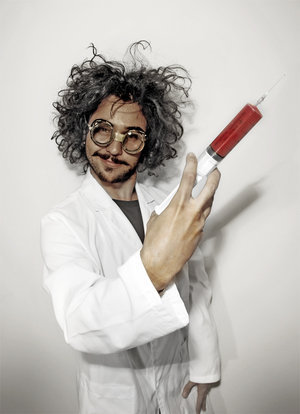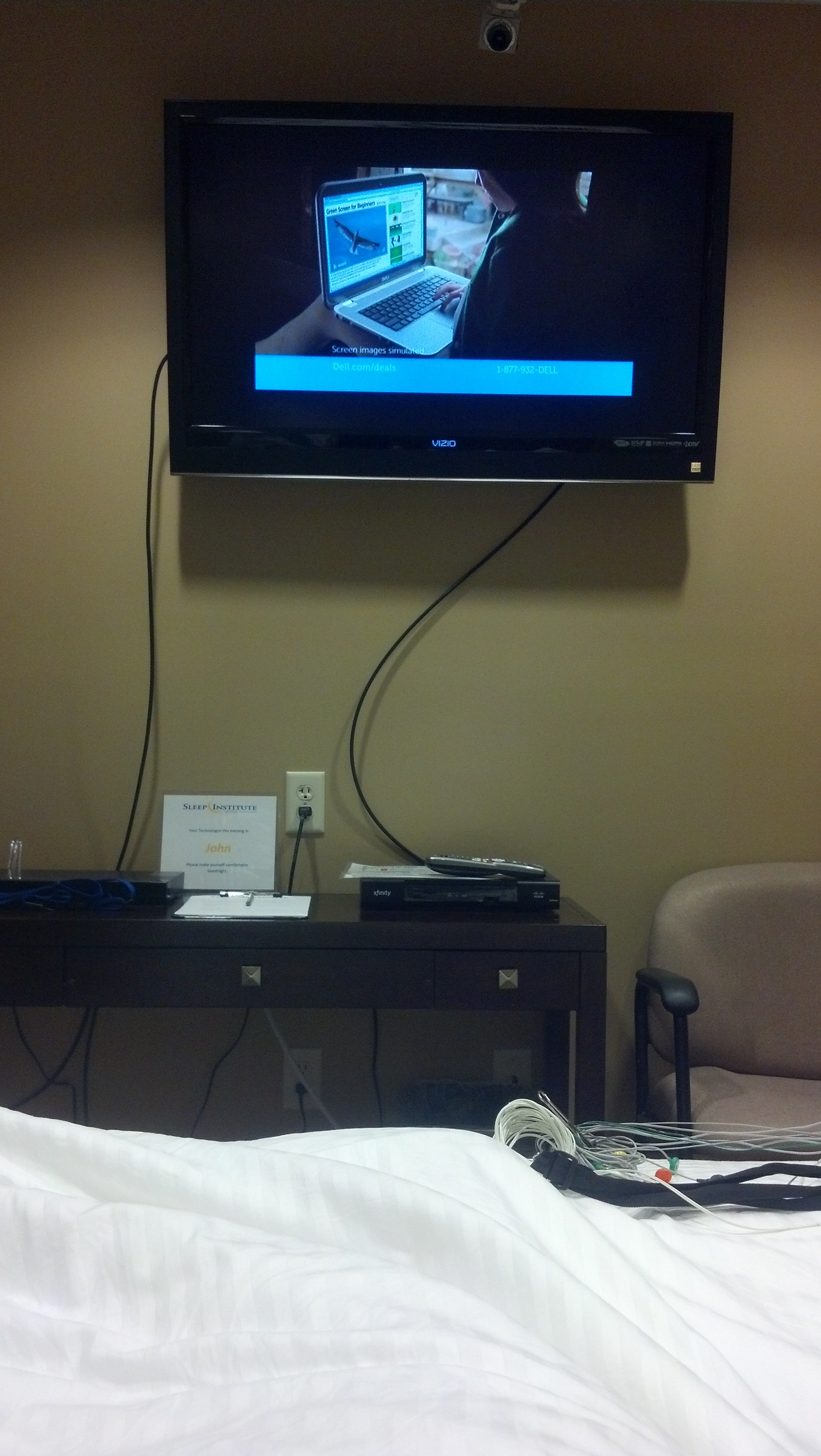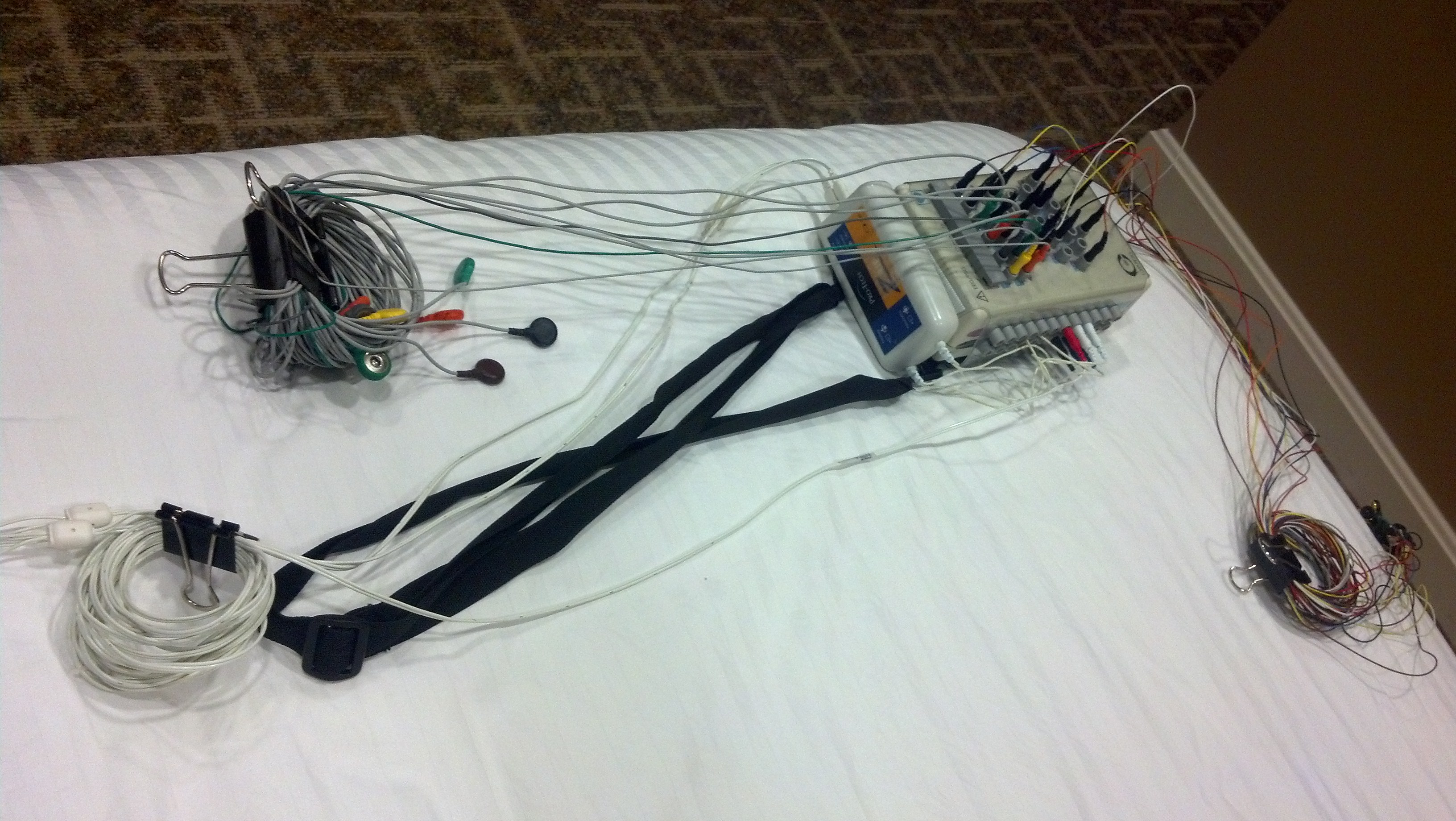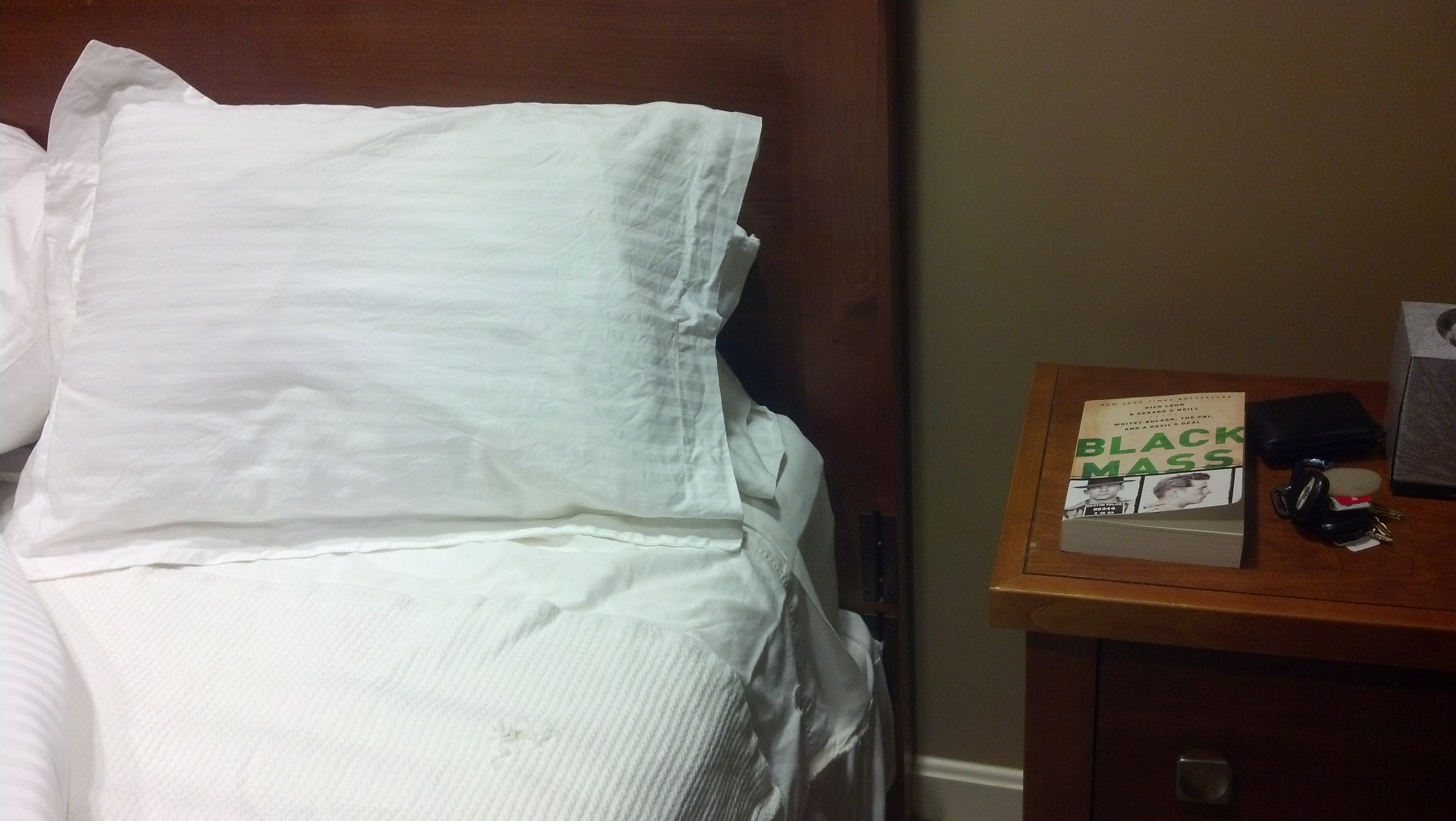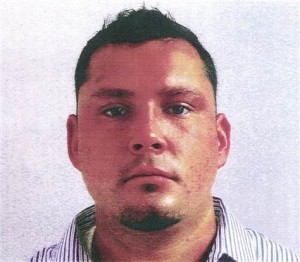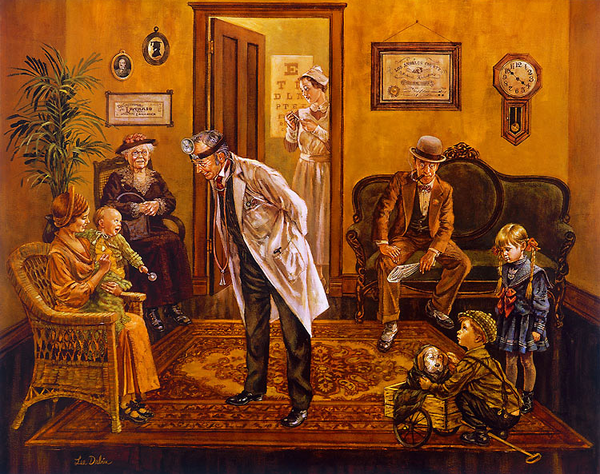We all go through it: Something upsets us so much that we go into a fog; unable to function when we’re still required to do so. It rises up like a brick wall.
Mood music:
http://youtu.be/-9aPRQdidO4
We smash into it a few too many times and go through the rest of the day dazed and confused. It’s a natural reaction to life’s more stressful and traumatic moments.
If a loved one is sick or dead, or you get into a huge fight with your spouse, or you just discover you’ve been robbed, the feeling hits you.
But what do you do when that feeling clings to you every day like a wet, filthy rag?
I’ve been there many times. It used to cripple me every day. It’s no longer a daily thing, but it still gets me on occasion.
Monday was one of those days; let’s just say it was driven by guilt.
But here’s the difference between now and the old days:
It didn’t incapacitate me and leave me lying half dead on the couch like it used to. I didn’t check out of the hotel of reality. I may have wanted to, but I didn’t.
I felt every bad feeling and it did stick in my brain all day like a splinter. But somehow, I was able to make it through the day. I got my work done, I got chores done and I was even able to focus on the not-always-easy task of helping Duncan do his homework.
I can point to a lot of things that make the difference today:
—Medication to control my OCD, ADD and the depression that comes with it;
–Regular visits to the therapist to get things off my chest; and
–An eating program devoid of flour and sugar. When I’m not sinking under the weight of a food binge, my thinking is clearer.
I don’t think it’s possible to avoid the fog altogether. Life is too unpredictable and dramatic for that. Sometimes the stresses get the better of you and you lose sight of everything around you. It’s a very shitty place to be.
But there is a positive in this: If you never felt the fog, it would mean you didn’t care about anything or anyone.
You would see clearly and keep walking, but the destination would always be some selfish pursuit.
Some of this may sound a bit hyperbolic. I use some fancy language along the way to explain it.
But that’s how my brain rolls this morning.
“Heartsign,” by EddieTheYeti

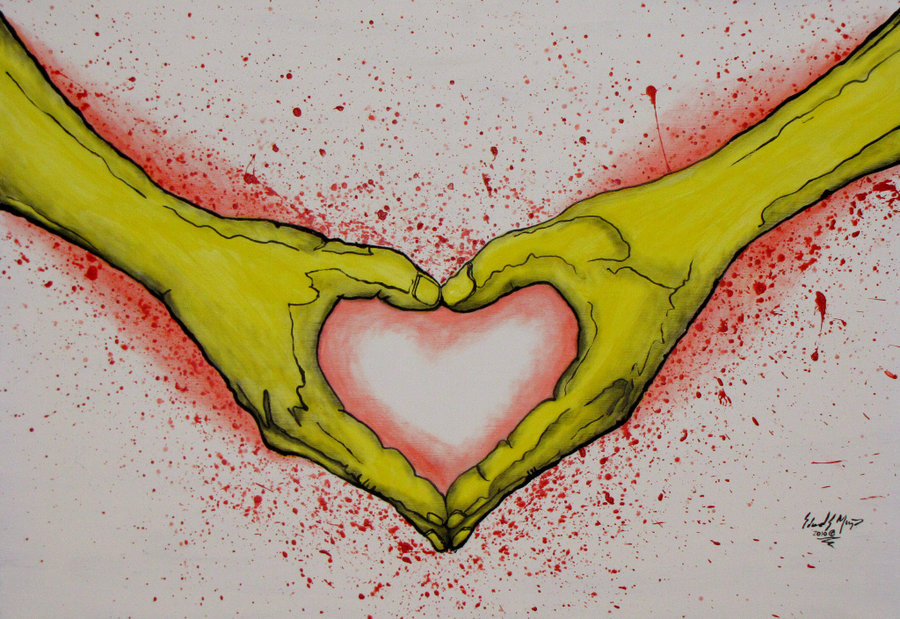
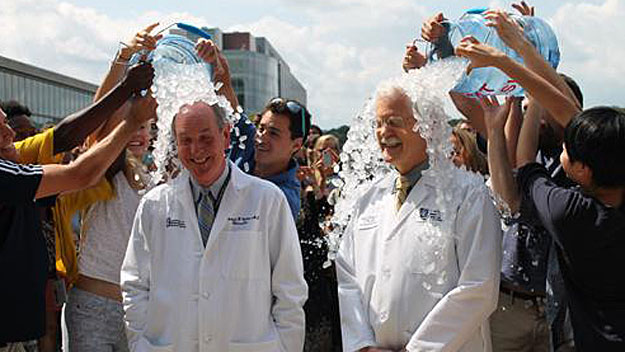 UMass Medical School Chancellor Michael Collins and Chair and Professor of Neurology Robert H. Brown Jr., DPhil, MD, accept the Ice Bucket Challenge. Photo from CBS News.
UMass Medical School Chancellor Michael Collins and Chair and Professor of Neurology Robert H. Brown Jr., DPhil, MD, accept the Ice Bucket Challenge. Photo from CBS News.